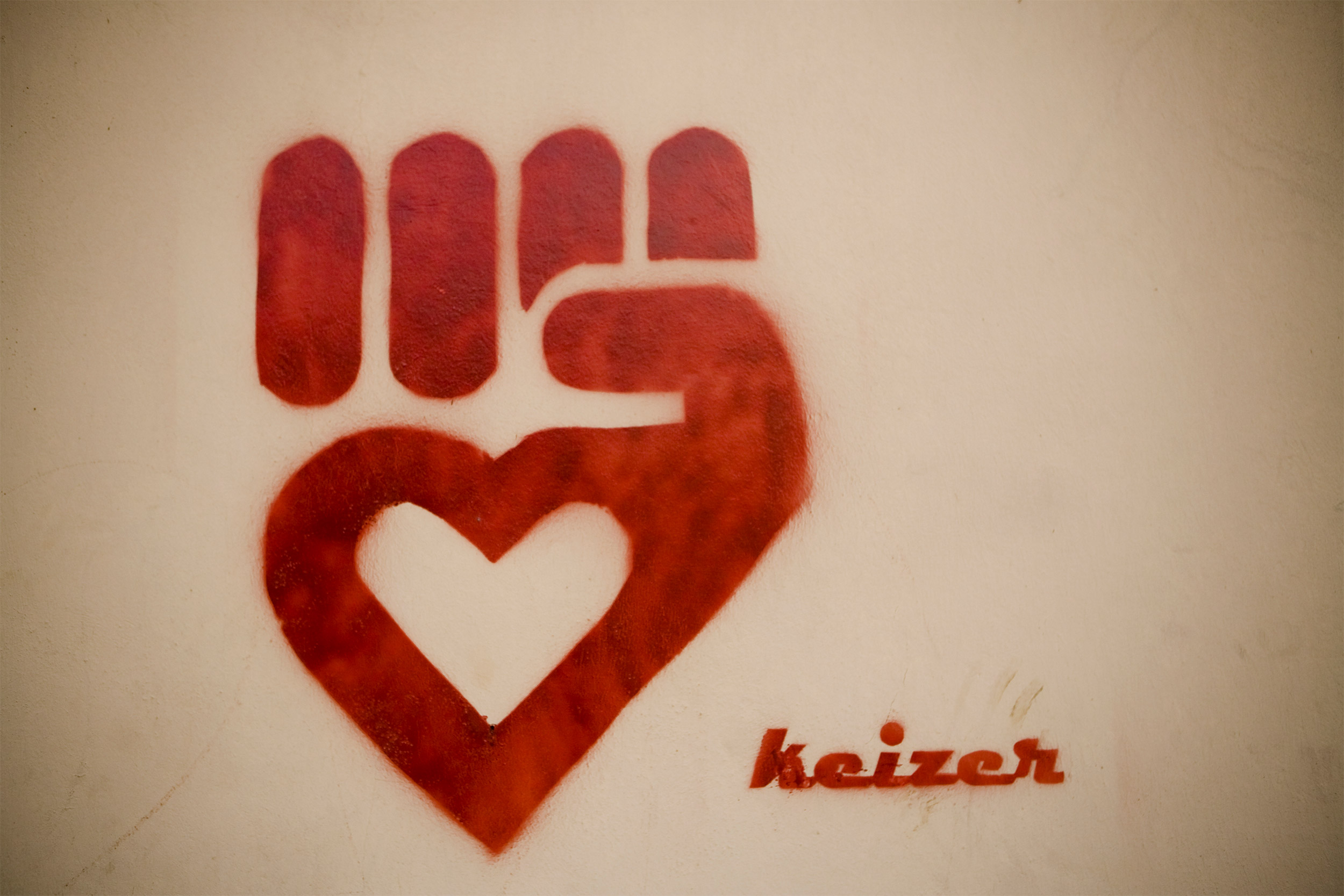Erica Chenoweth initially thought that only violent protests were effective. However after analyzing 323 movements the results were opposite of what Erica thought:
For the next two years, Chenoweth and Stephan collected data on all violent and nonviolent campaigns from 1900 to 2006 that resulted in the overthrow of a government or in territorial liberation. They created a data set of 323 mass actions. Chenoweth analyzed nearly 160 variables related to success criteria, participant categories, state capacity, and more. The results turned her earlier paradigm on its head — in the aggregate, nonviolent civil resistance was far more effective in producing change.
If campaigns allow their repression to throw the movement into total disarray or they use it as a pretext to militarize their campaign, then they’re essentially co-signing what the regime wants — for the resisters to play on its own playing field. And they’re probably going to get totally crushed.



Violence is a tool. It is neither inherently good nor bad. It is how that violence is used and perpetrated and the context around why it was employed is where the heart of the matter lies.
Someone who is violent against Nazis or those of equivalent ideology in self defense? Absolutely and unequivocally justifiable.
Someone employing state violence to detain civilians because they were born on the wrong side of an imaginary line? Absolutely unjustifiable and deserves to be stopped, even if it means employing violence in self/community defense.